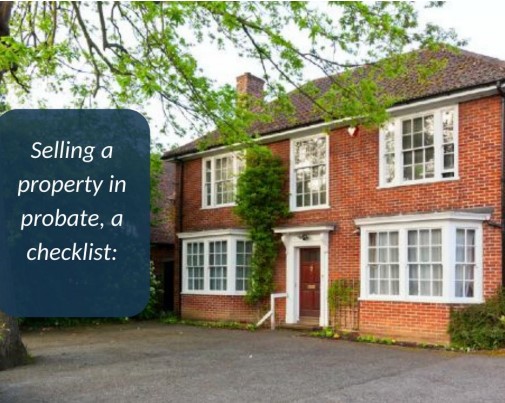Worries over Brexit and the shortfall in planned new-builds
While many pro-Brexit campaigners are heralding the move by Theresa May to trigger Article 50, the more apprehensive pro-remain supporters are worried about the effect of lower immigration levels on the UK housing industry.


With levels of housebuilding continually falling since the Thatcher era, industry experts have to been quick to direct blame towards a number of potential candidates. For some, there is a belief that new developments are controlled in a monopoly by some of the largest house builders – including Persimmons, Taylor Wimpey and Barratt – in that they are purposefully slowing the build rate to ensure higher sale prices.
Others believe the slowdown is the result of a growing skills gap, with lower and lower numbers of Brits opting to learn trade skills as opposed to entering the world of academia.
Today, a large number of workers within the UK construction industry are immigrants, however – so with a potential increase of xenophobic sentiment within the country, the industry looks set to lose a large percentage of its workers. Fewer immigrants are planning on settling in the UK long-term; and greatly reduced numbers are planning to move here in the future.
The winners and losers
For current homeowners, this could be great news, as the value of their house will skyrocket as homeownership becomes an ever-more exclusive club. For those planning buy their first property on the other hand, the outlook just became a little bit bleaker as the number of available homes on the market will drop.
Even those who need to sell in the near-future could find themselves in dire straits as more and more potential buyers find themselves admitting that “we can’t buy any home – no matter how cheap it may seem.”
While certain anti-immigration campaigners believe that the housing shortage is the direct result of mass migration to the UK, this has been found to be untrue on numerous occasions.
Current demand, based on a review by Lord Stunell, has found that the country needs to increase its housing capacity by a minimum of 35% – but thanks to Brexit-related woes, it is instead set to shrink by 9%. And with no guarantee of free movement across the continent, combined with the strong belief that the UK will leave the single market, the world of construction could not only be facing a shortfall in the number of required workers, but also higher costs for imported materials.
Not getting any viewings? Why not ask National Homebuyers for advice, as we buy any house. Call 08000 443 911 or request a call back to find out how much you could get for your property.






